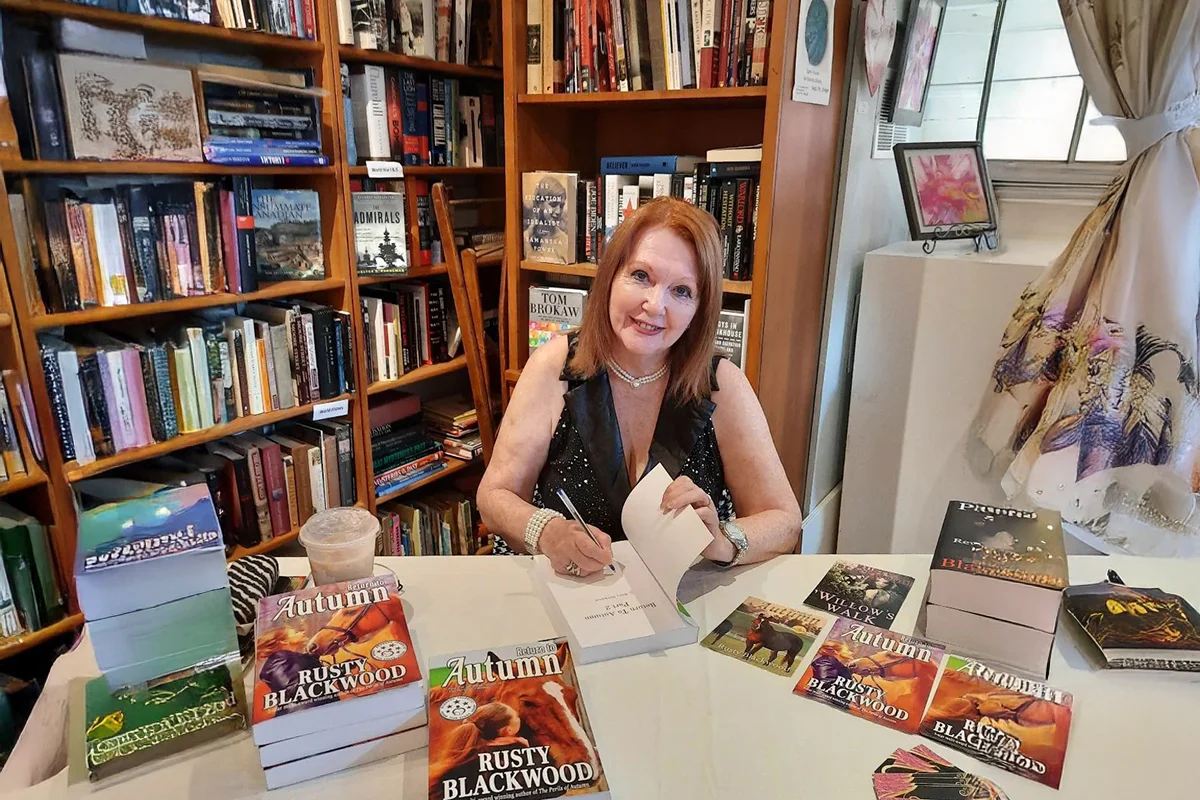PHOTO: Author Catherine Allen-Walters, celebrated for her masterful historical storytelling and deeply human narratives.
Bringing History to Life Through Music, Memory, and Courage
Catherine Allen-Walters reveals the inspiration, research, and emotional depth behind Near the Danube Bridge, blending personal testimony and historical truth to shed light on untold Balkan stories of resilience.
Catherine Allen-Walters brings history to life in Near the Danube Bridge, a powerful novel that unearths the overlooked stories of mid-20th century Balkan families through the lens of one man’s journey. With a reputation for literary excellence—garnering honors such as the International Impact Book Award and the Global Books Award—Allen-Walters uses her extensive background in music and humanities to craft a story that is as deeply personal as it is historically grounded.
At the heart of the novel lies the story of Kalman Hartig, a classically trained violinist and survivor of brutal labor camps during a turbulent period in the Balkans. Allen-Walters began the project at the request of Kalman’s daughter, Elisabeth, just one day after the Russian invasion of Ukraine. Though she initially had little idea where the story would lead, she was moved by early video recordings of Kalman recounting his incarceration and playing hymns on his violin—moments that revealed both his suffering and his enduring spirit.
Catherine Allen-Walters is a gifted storyteller whose meticulous research and heartfelt prose breathe life into overlooked histories and human perseverance.
What followed was an immersive journey into Balkan history. Allen-Walters pored over historical texts, scholarly articles, and personal letters Kalman had written to his mother during his imprisonment. Interviews with family members helped her piece together the broader narrative—not just of Kalman, but also of his future wife, Minka. Their intertwined story is both a testimony to personal resilience and a window into a region often neglected in traditional histories.
Allen-Walters’s experience as a professional violinist adds a unique richness to the novel. Her understanding of music allowed her to recognize how Kalman’s injuries affected his ability to play, and how music remained a refuge for him throughout his life. She drew on her own experiences to convey how music served as both emotional escape and a lifeline for Kalman—particularly poignant given his unrealized dream of becoming a professional musician like many of his siblings.
Balancing historical accuracy with compelling storytelling was one of the author’s greatest challenges. She worked meticulously to contextualize global events through the perspective of everyday individuals in Yugoslavia—offering readers a different view of World War II and its wide-reaching impact. From the attack on Pearl Harbor to lesser-known tragedies like the Pančevo Massacre, Near the Danube Bridge challenges readers to expand their understanding of wartime suffering and survival.
Kalman’s story also holds deep relevance today, especially in light of ongoing refugee crises. Allen-Walters hopes readers will recognize the global, ongoing nature of persecution and displacement. “The Holocaust remains probably the greatest example of injustice,” she says, “but there are injustices that have been forgotten or have rarely been written about.” Her novel seeks to correct that erasure, inviting a more inclusive and empathetic view of history.
The development of Minka’s character was equally thoughtful. With input from Elisabeth and Minka’s sister, Allen-Walters shaped a woman whose strength and love were central to Kalman’s recovery and transformation. Their shared journey, undertaken without the benefit of modern trauma therapies, reveals the resilience of those who endured hardship not only through survival but through love.
At its core, Near the Danube Bridge is about transformation—of individuals, families, and nations. Kalman, once strict and judgmental, emerges by the end of the novel as a man capable of grace and understanding, shaped by tragedy but not consumed by it. Allen-Walters hopes that readers will come away with a deeper appreciation for the complexity of Balkan history and the strength of those who lived through it.
Source: Reader’s House Interview with Catherine Allen-Walters











